Peter ErtlProfessor of Lab-on-a-Chip Systems, Vienna University of Technology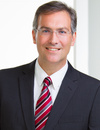 Prof. Ertl holds an engineering degree in Biotechnology (University of Life Sciences, BOKU, Austria), a PhD in Chemistry (University of Waterloo, UW, Canada) and received his postdoctoral training as a biophysicist at University of California at Berkeley (UCB, US). Following a position as Director of Product Development at a UW spin-off venture (Canada), Dr. Ertl joint the Biosensor Technology unit at the Austrian Institute of Technology (AIT). During his tenure at the AIT, Dr. Ertl was also granted a Fulbright Visiting Scholarship at UC Berkeley (2012) and conducted visiting scientist positions at Nanyang Technological University, Singapore (2013), the Medical Center of the University of California at San Francisco (2014). In 2016 he was appointed Professor of Lab-on-a-Chip Systems for Bioscience Technologies at the Vienna University of Technology (TUW), where his research focuses on the development of advanced in vitro diagnostic microsystems and organ-on-a-chip systems. Additionally, Dr Ertl held a visiting research appointment at Imperial College London (UK) in 2019 , is speaker of the Austrian Microfluidics Initiative (AMI) and editor of the open access journal Organs-on-a-Chip (Elsevier). |
Gary GintantSenior Research Fellow, Abbvie.png) Dr. Gary Gintant is Senior Research Fellow in the Dept. of Integrative Pharmacology, Integrated Science and Technology, at AbbVie. He is involved in multiple internal drug discovery and safety initiatives internally; external activities include various cardiac safety initiatives (such as ILSI/HESI Proarrhythmia Models Project, the Cardiac Safety Research Consortium, and the Comprehensive in Vitro Proarrhythmia Assay Initiative) while serving on various journal editorial boards, NIH study sections, and Safety Pharmacology Society committees. Research interests include cardiovascular pharmacology, cellular electrophysiology/ion channels, arrhythmias, application of stem-cell derived cells and tissues to drug discovery efforts, and translational medicine. He gained his MA, M.Phil. and PhD degrees from the College of Physicians and Surgeons of Columbia University. |
David HayChair of Tissue Engineering, MRC Centre for Regenerative Medicine, University of Edinburgh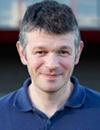 David is the Professor of Tissue Engineering at the University of Edinburgh. Dave has worked in the field of stem cell biology and differentiation for over fifteen years. He and his team have highlighted the important role that pluripotent stem cells have to play in modelling human liver biology ‘in the dish’ and supporting failing liver function in vivo. The impact of this work has led to a number of peer-reviewed publications (>100), regular appearances at high profile conferences, and three start-up companies. |
James HickmanProfessor, Nanoscience Technology, Chemistry, Biomolecular Science and Electrical Engineering, University of Central Florida; Chief Scientist, Hesperos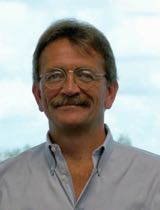 James J. Hickman is the Founding Director of the NanoScience Technology Center and a Professor of Nanoscience Technology, Chemistry, Biomolecular Science, Biomedical Engineering, Material Science and Electrical Engineering at the University of Central Florida. Previously, he held the position of the Hunter Endowed Chair in the Bioengineering Department at Clemson University. Dr. Hickman has a Ph.D. from the Massachusetts Institute of Technology in Chemistry. For the past thirty years, he has been studying the interaction of biological species with modified surfaces, first in industry and in the latter years in academia. While in industry he established one of the first bioelectronics labs in the country that focused on cell-based sensors and their integration with electronic devices and MEMS devices. He is interested in creating hybrid systems for biosensor and biological computation applications and the creation of functional in vitro systems for human body-on-a-chip applications. He has worked at NSF and DARPA in the area of biological computation. He is also the founder and current Chief Scientist of a biotechnology company, Hesperos, that is focusing on cell-based systems for drug discovery and toxicity. He has 166 publications and 20 book chapters, in addition to 34 issued patents out of 50 total patent applications. He was elected to the Board of Directors of the American Institute for Medical and Biological Engineering (AIMBE) for 2 consecutive terms, the premier society for Biomedical Engineering of which he is a Fellow. He is also a Fellow of the American Vacuum Society (AVS) and National Academy of Inventors (NAI) as well as BioFlorida’s Researcher of the Year (2022). Dr. Hickman along with Dr. Michael Shuler, won the Lush Prize, in the Science Category, which Supports Animal Free Testing in 2015. |
Noo Li JeonProfessor, Seoul National University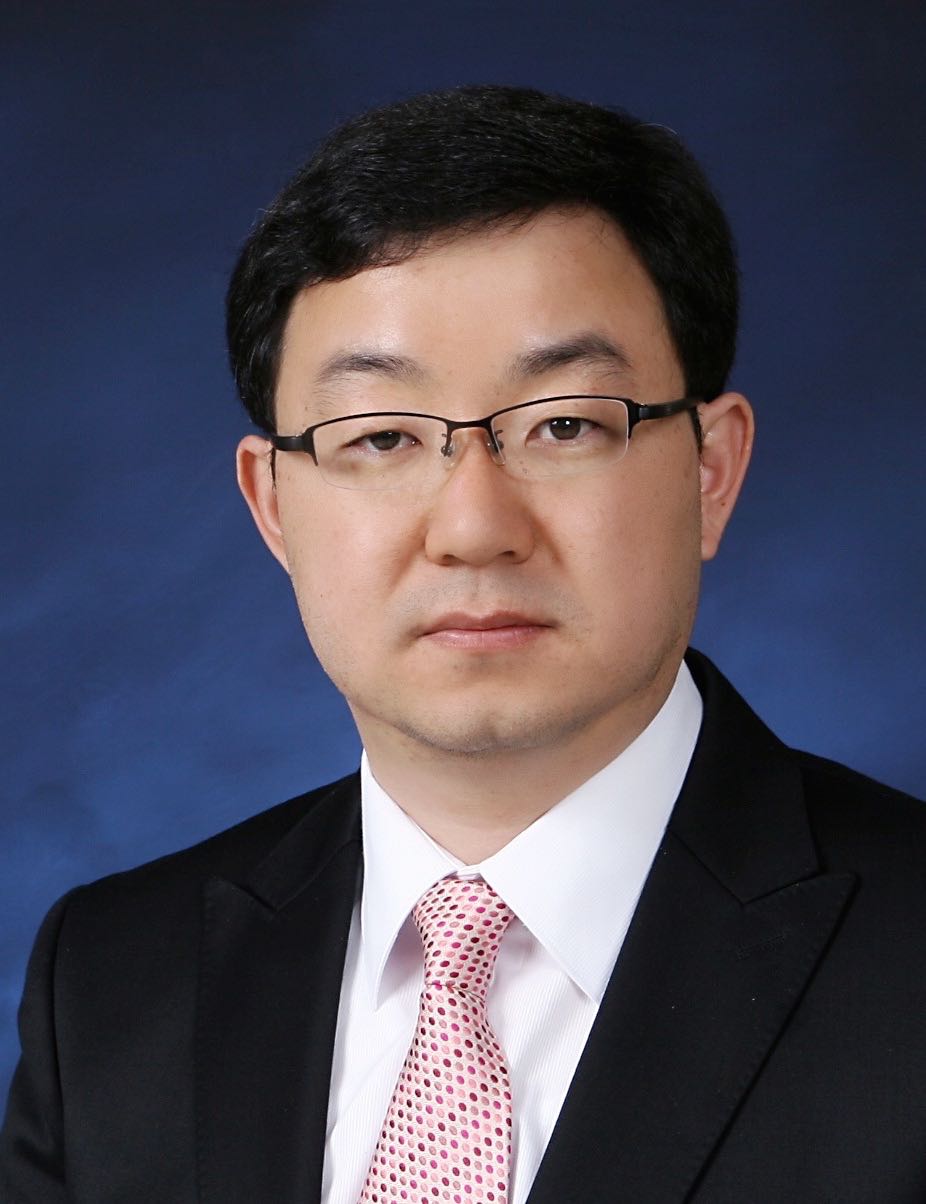 Noo Li Jeon is a Professor of School of Mechanical and Aerospace Engineering at Seoul National University (SNU). He studied Materials Science and Engineering at Northwestern University (B.S.) and University of Illinois Urbana-Champagne (Ph.D.). He worked on soft lithography applications in Prof G.M. Whitesides’ laboratory at Harvard University and at Prof M. Toner’s group at Harvard Medical School. He was an Associate Professor at UC Irvine from 2001-2009 in the Department of Biomedical Engineering. In 2009, he moved to Seoul National University to join School of Mechanical Engineering at Seoul National University. |
Roger KammCecil and Ida Green Distinguished Professor of Biological and Mechanical Engineering, Massachusetts Institute of Technology (MIT)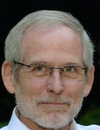 Kamm is currently the Cecil and Ida Green Distinguished Professor of Biological and Mechanical Engineering at MIT, where he has served on the faculty since 1978. Kamm has long been instrumental in developing research activities at the interface of biology and mechanics, formerly in cell and molecular mechanics, and now in engineered living systems. Current interests are in developing models of healthy and diseased organ function using microfluidic technologies, with a focus on vascularization. Kamm has fostered biomechanics as Chair of the US National Committee on Biomechanics (2006-2009) and of the World Council on Biomechanics (2006-2010). Kamm currently directs the NSF Science and Technology Center on Emergent Behaviors of Integrated Cellular Systems. He is the 2010 recipient of the ASME Lissner Medal (American Society of Mechanical Engineering) and the 2015 recipient of the Huiskes Medal (European Society of Biomechanics), both for lifetime achievements, and is the inaugural recipient of the ASME Nerem Medal for mentoring and education. He was elected to the National Academy of Medicine in 2010. Kamm is co-founder of two companies, Cardiovascular Technologies and AIM Biotech, a manufacturer of microfluidic systems for 3D culture. |
Robert VriesCEO, HUB Organoids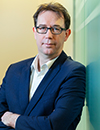 Robert received his PhD in Biochemistry from the Leiden University Medical Center where he studied oncogenic cell transformation in the lab of Prof. van de Eb. He subsequently moved to Stanford University (USA) to pursue his post-doctoral career on neural stem cells. Upon his return to the Netherlands, he joined the group of Prof. Hans Clevers at the Hubrecht Institute where he was involved in the development of the breakthrough “Organoid Technology” that allows the expansion of adult stem cells and the development of “mini-organs in a dish”. Rob is currently CEO of HUB, which was founded to further develop and refine the Organoid Technology. |
Paul VultoManaging Director, MIMETAS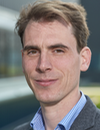 Paul Vulto is CEO and co-founder of MIMETAS. Under his guidance, MIMETAS developed into a multinational company with operations in Europe, US and Japan. MIMETAS currently works with the majority of top-50 pharma companies and counts over 85 co-workers. Paul is the inventor behind the OrganoPlate® platform and PhaseGuide technology of MIMETAS. Prior to founding MIMETAS, Paul worked for the high-tech company Silicon Biosystems in Bologna, the Institute for Microsystems Engineering (IMTEK) at the University of Freiburg and the Leiden Academic Centre for Drug Research, Leiden University. Paul holds a cum Laude masters degree in Electrical Engineering and a cum Laude PhD degree in Microsystems Engineering. |




